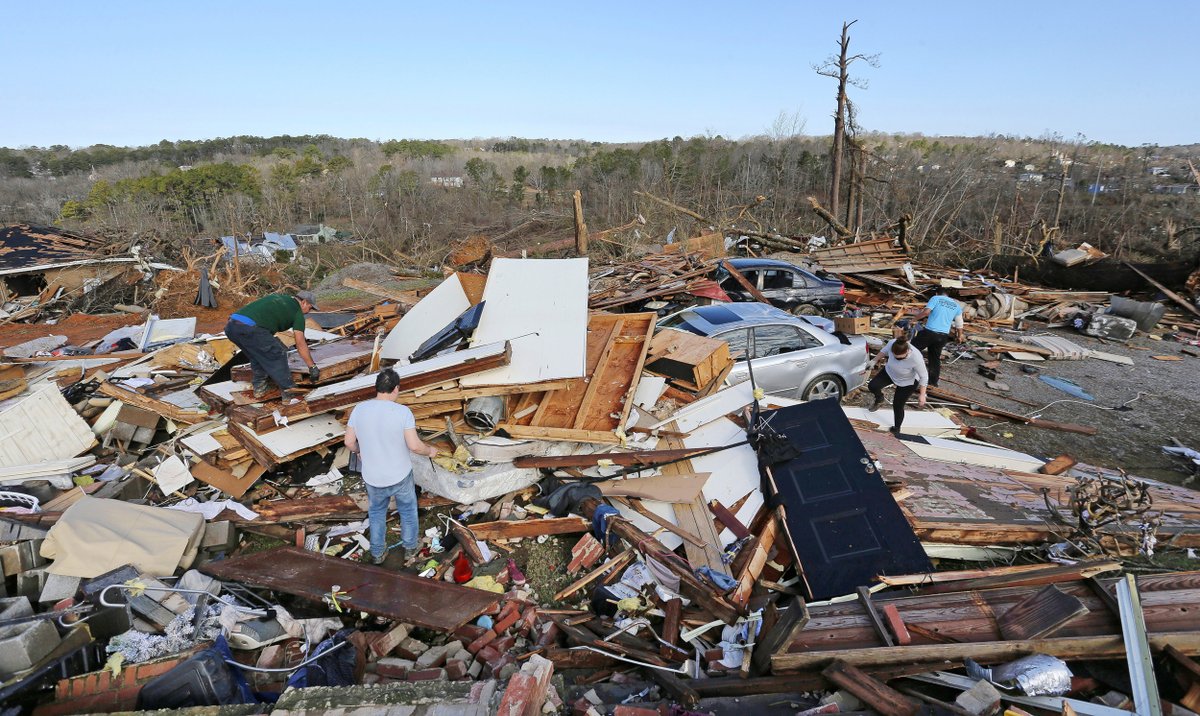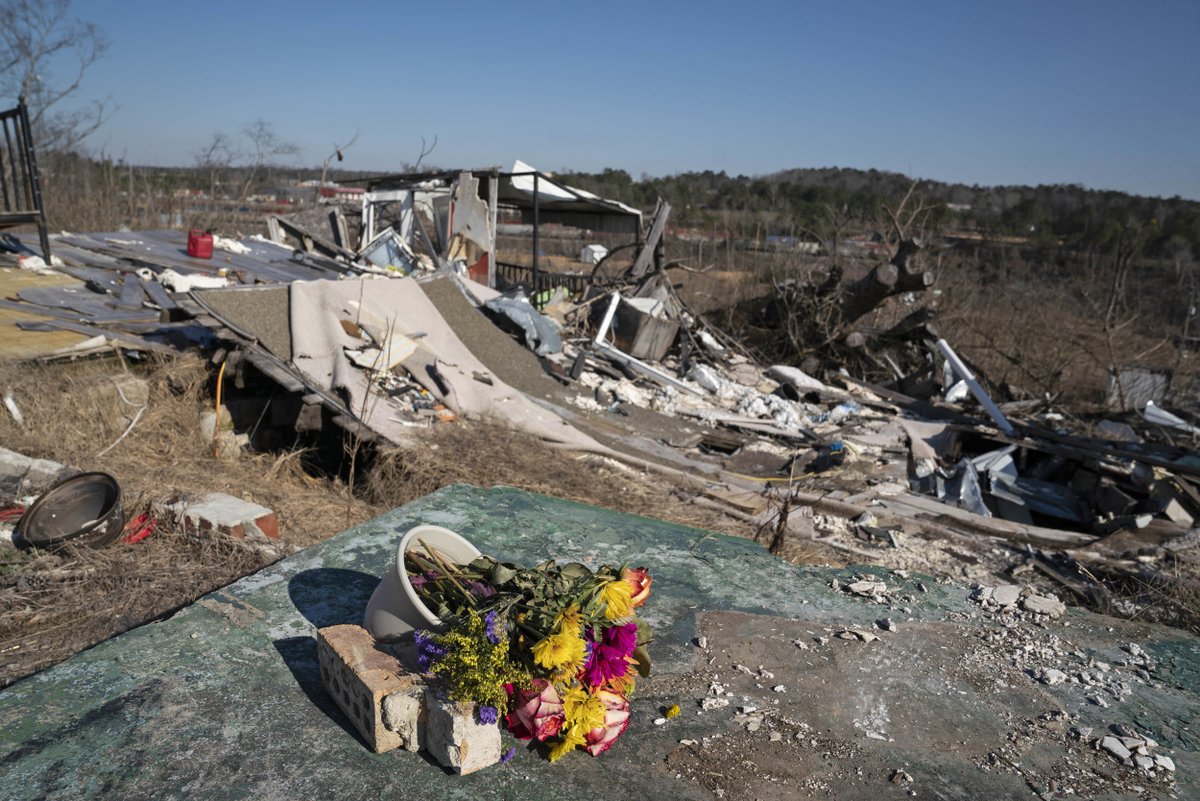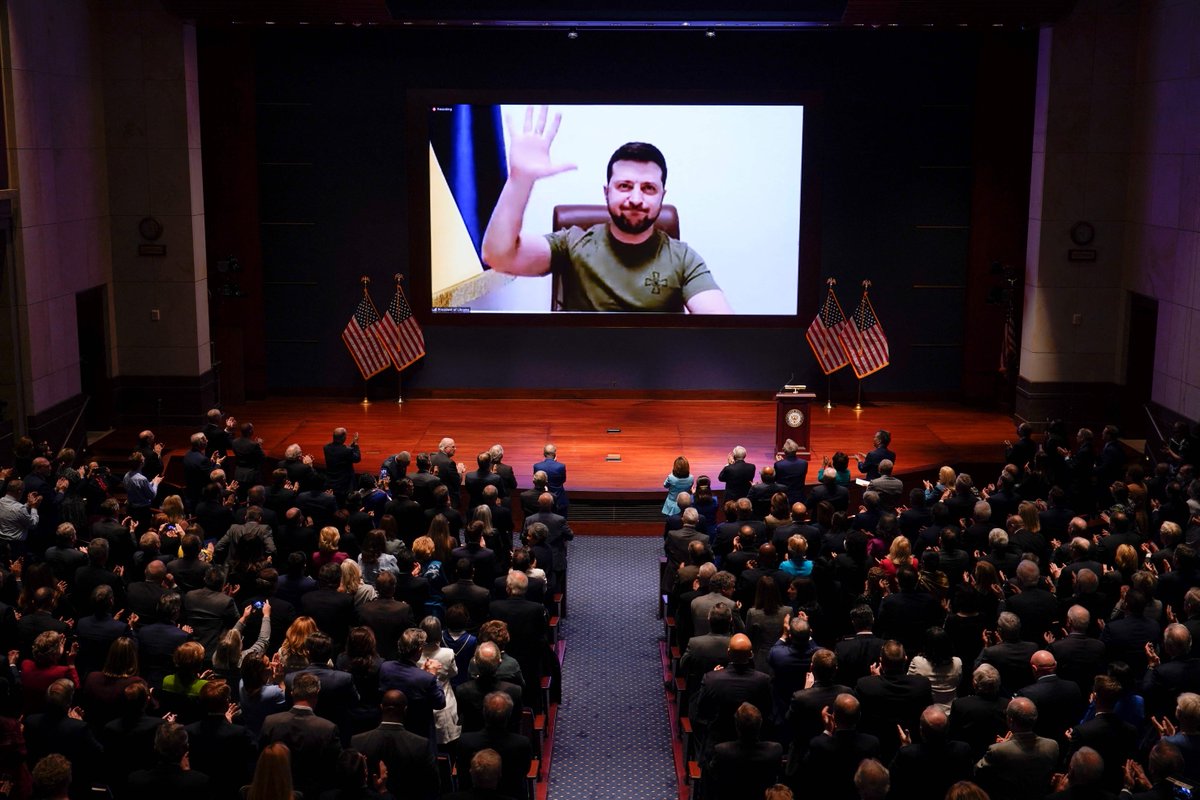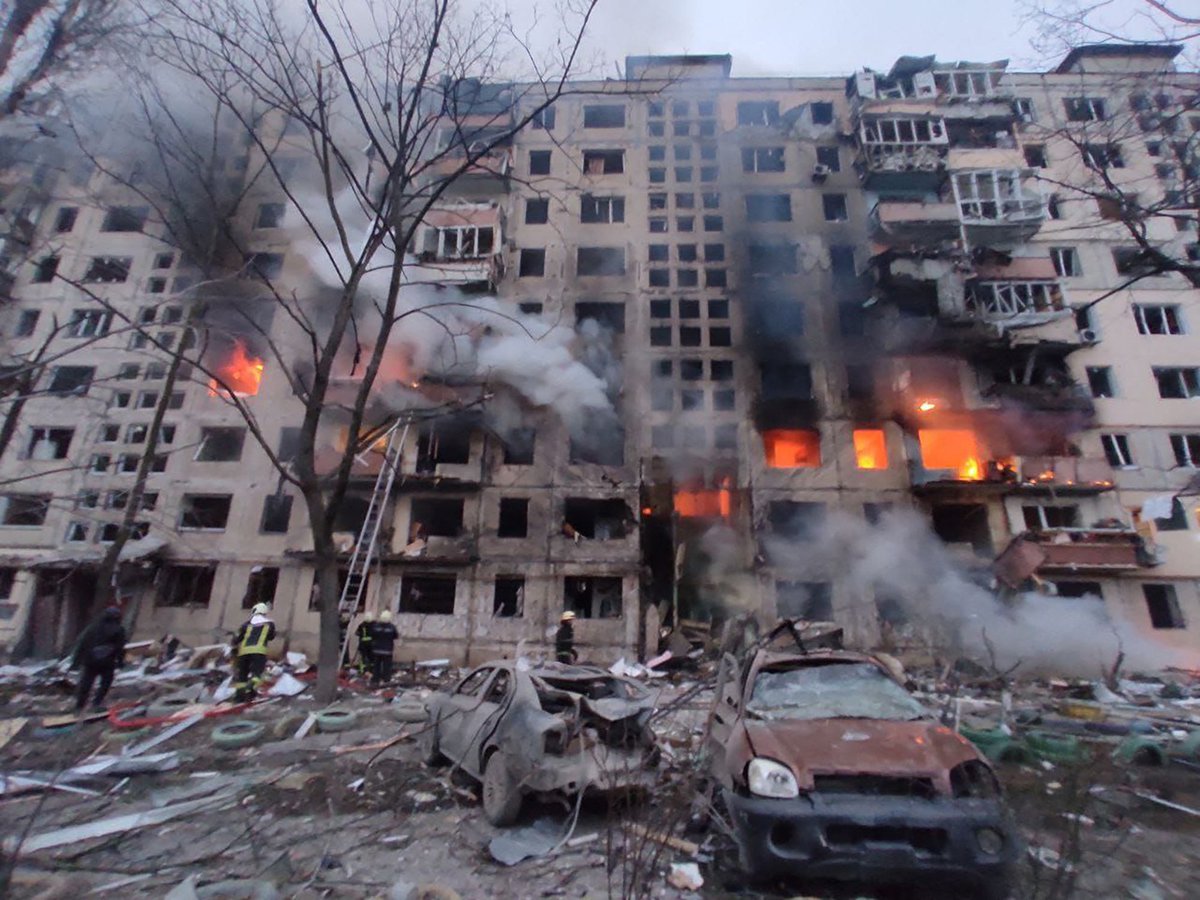
After natural disasters, FEMA often rejects aid for vulnerable communities where survivors have few other paths to recovery, an @NBCNews analysis finds.
nbcnews.to/3wdAlup
#NBCNewsThreads
nbcnews.to/3wdAlup
#NBCNewsThreads
A tornado that cut a 10-mile path through Jefferson County, Alabama, on Jan. 25, 2021, destroyed 86 homes and severely damaged 45 more, devastating the suburb of Fultondale.
“Our town got demolished,” Mayor Larry Holcomb said. “I mean, completely destroyed.”
“Our town got demolished,” Mayor Larry Holcomb said. “I mean, completely destroyed.”

FEMA estimated the cost to support those without insurance in finding temporary shelter and beginning to rebuild their homes would top $1.8M.
But the federal government denied Jefferson County’s request for aid, saying the tornado did not cause enough damage to require help.
But the federal government denied Jefferson County’s request for aid, saying the tornado did not cause enough damage to require help.
FEMA’s Individual Assistance Program spends hundreds of millions of dollars each year helping uninsured residents recover after severe storms. Eligible families can receive up to $75,800. These funds can mean the difference between rebuilding a home and becoming homeless.
From fall 2018 to fall 2021, the federal government turned down nearly 40% of states’ requests for FEMA’s Individual Assistance Program, totaling 33 denials, according to an examination of agency records. 

Nearly all of the communities that were denied federal aid had poverty rates higher than the national average, while in two-thirds of these communities, less than half of the affected residents had insurance, the @NBCNews analysis found.
In Fultondale, the only options were charity and loans. United Way approved $139,927 in aid — less than 10% of what FEMA had estimated was needed. Some residents who could not afford to rebuild had to leave the small city to start over, local officials said. 

In response to the @NBCNews analysis, FEMA released a statement saying that it has been working to make its Individual Assistance Program more equitable and to “meet people where they are to identify and remove barriers to our programs.”
• • •
Missing some Tweet in this thread? You can try to
force a refresh










